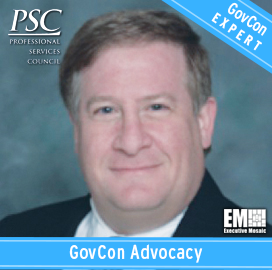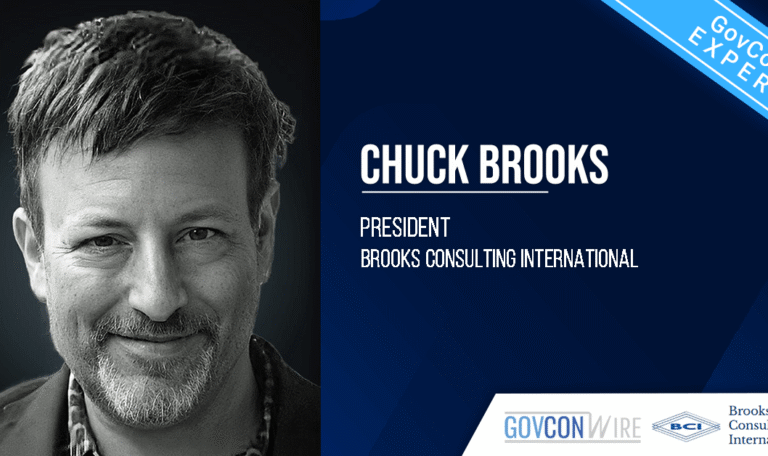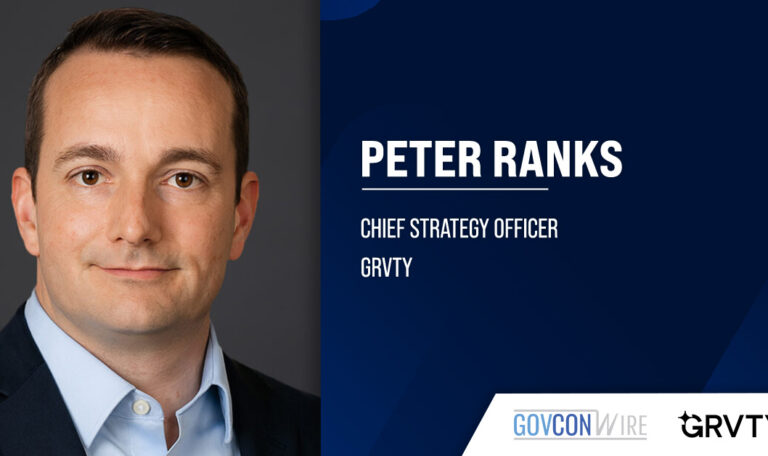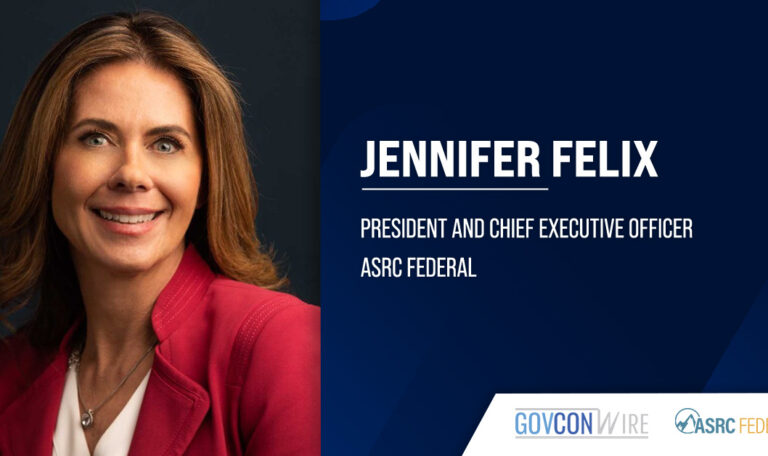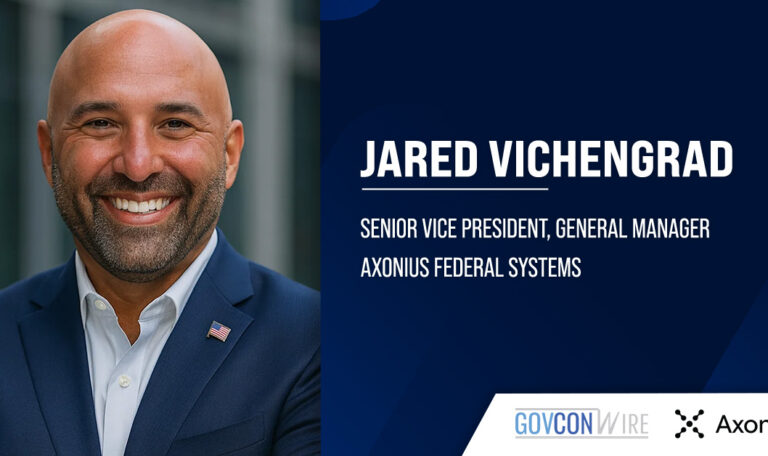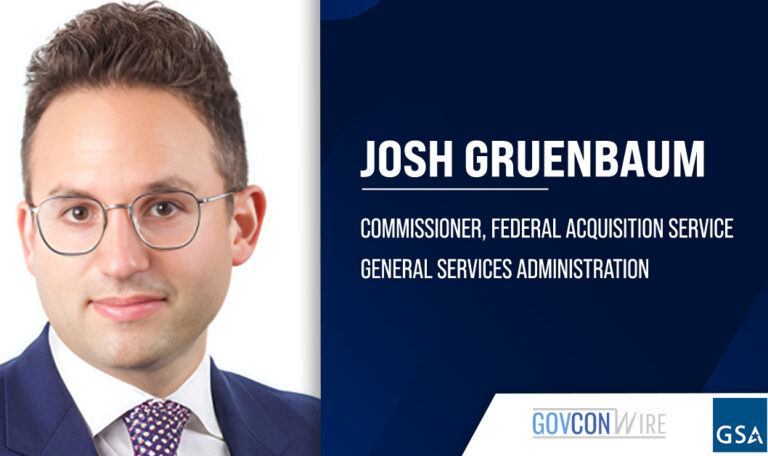
The Professional Services Council (PSC) has released its comments on the Department of Defense (DoD) and General Service Administration’s (GSA) actions to accelerate payments to government small business primes and small business subcontractors, the organization announced on Thursday.
“While not intended to address issues surrounding the COVID-19 emergency, these actions come at a critical time for government contractors and will assist with potential cash flow issues we may expect as a result of COVID-19’s economic impact,” said PSC’s executive vice president and counsel, Alan Chvotkin.
Congressional action in the Fiscal Year 2019 and 2020 National Defense Authorization Acts (NDAA) has been designed to ensure that small businesses who work as primes and subcontractors are paid in a timely manner for the goods and services they provide.
PSC developed the FY19 NDAA provision (section 852) to accelerate payments for small businesses that support DoD. PSC then worked to expand this provision government-wide in section 873 of the FY20 NDAA.
Final DFARS regulation took effect on April 8, 2020. A FAR Class Deviation (CD-2020-08) for civilian agencies took effect on April 10, 2020. DHS and HHS have already implemented the FAR class deviation and other agencies are expected to rapidly adopt it.
“Accelerated payments can be a critical lifeline for small businesses who work in the federal marketplace—helping to provide access to capital and enhancing growth opportunities,” Chvotkin continued. “While we applaud this action, we believe that Congress can and now should extend this mandate for businesses of all sizes during the COVID-19 emergency.”
About PSC
PSC is the voice of the government technology and professional services industry. PSC’s more than 400 member companies represent small, medium and large businesses that provide federal agencies with services of all kinds, including information technology, engineering, logistics, facilities management, operations and maintenance, consulting, international development, scientific, social, environmental services, and more. Together, the trade association’s members employ hundreds of thousands of Americans in all 50 states.


